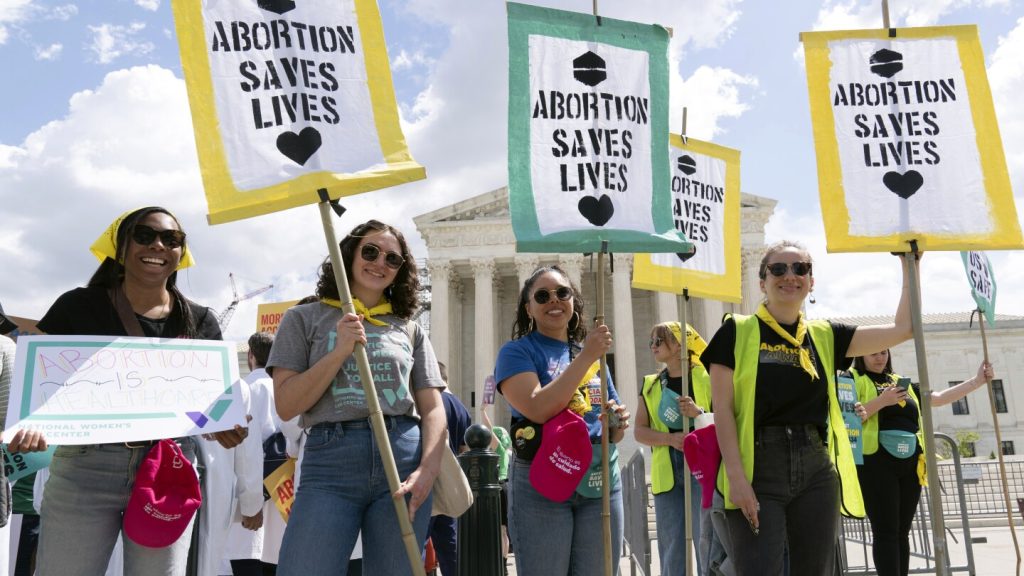The U.S. Supreme Court heard arguments on Wednesday regarding an Idaho abortion ban that only allows the procedure when the mother’s life is at risk. The Biden administration argued that the state law conflicts with a federal law that requires emergency room doctors to stabilize patients, regardless of the situation. The court’s ruling could have implications beyond Idaho and change how emergency rooms treat patients in many states.
Both sides warned that the ruling could affect women and doctors far beyond Idaho. Attorney Joshua N. Turner, representing Idaho, stated that this issue would not end with Idaho, as there are 22 states with abortion laws on the books. Solicitor General Elizabeth Prelogar cautioned that allowing states to limit emergency room services could lead to problems for patients seeking care in hospitals across the country.
Medical hypothetical scenarios were discussed during the arguments, including situations where continuing a pregnancy could endanger the pregnant person’s health. Justice Amy Coney Barrett questioned when prosecutors might bring charges against doctors for providing an abortion. Justice Sonia Sotomayor highlighted the potential implications of the state law on treating other common medical emergencies like diabetes.
Conservative Justice Samuel Alito raised concerns about Idaho’s argument that emergency rooms could be forced to provide abortions for pregnant patients in mental distress. The state has only raised this as a hypothetical scenario. Prelogar clarified that abortions would not be provided as emergency care for mental health issues. The court also delved into the intent behind the federal law mandating that emergency rooms stabilize or treat patients, which was passed in 1986.
It remains uncertain how the Supreme Court will rule on the Idaho abortion ban case. While the court allowed the ban to be fully enforced while litigation continues, indicating conservative justices may be in favor of limiting abortion access, the outcome of the case is still unclear. The votes of Chief Justice John Roberts and Justices Barrett and Kavanaugh are expected to be crucial in determining the final decision, as they have previously voted on abortion-related issues. The court’s ruling could have a significant impact on abortion access and healthcare practices across the country.


